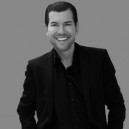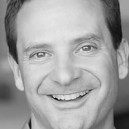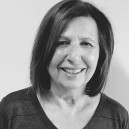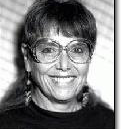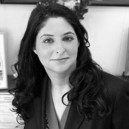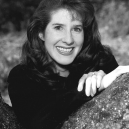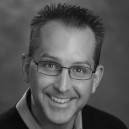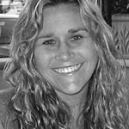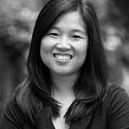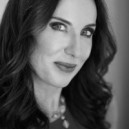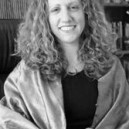Tamara Hill, MS, LPC-BE
Child Therapist
 Tamara Hill, MS, LPC-BE, is a therapist who specializes in working with children and adolescents who suffer from mood disorders and disruptive behavioral disorders. Hill strives to help patients to realize and actualize their strengths in both their home environments and in their relationships with the community. She credits her career passion to a “divine calling” and is internationally recognized for corresponding literary works as well as appearances on radio and other media platforms. She is the author of the book Mental Health In a Failed American System: What Every Parent, Family, & Caregiver Should Know and founder of Anchored in Knowledge.com.
Tamara Hill, MS, LPC-BE, is a therapist who specializes in working with children and adolescents who suffer from mood disorders and disruptive behavioral disorders. Hill strives to help patients to realize and actualize their strengths in both their home environments and in their relationships with the community. She credits her career passion to a “divine calling” and is internationally recognized for corresponding literary works as well as appearances on radio and other media platforms. She is the author of the book Mental Health In a Failed American System: What Every Parent, Family, & Caregiver Should Know and founder of Anchored in Knowledge.com.
Why did you want to become a child therapist?
Both family and personal experience led to my career as a child therapist. My mother was a nurse and worked with the geriatric population for years before retiring. As a home-schooled student, I was exposed to a lot of her medical books, tools, and terminology. I had a natural attraction to the healthcare field. My interest in the field of psychology grew out of this background and also out of my own experience before and during my experience in higher education. I was given a tour of a college by a sophomore who openly discussed her paranoid schizophrenia with me. It changed my perspective on what mental illness was, who could experience it, and how real it actually was.
What happened next?
Following this experience, I found myself becoming more open minded to others who were suffering, and I found myself noticing family members, close friends, and college-mates struggling and being misunderstood or criminalized. I contacted multiple NAMI (National Alliance on Mental Illness) and Active Minds chapters and began educating myself outside of classes. I began speaking out on the issue and became like an undercover news reporter for individuals who didn't have a voice. I did a research externship with the University of Pittsburgh School of Medicine and experienced youngsters as young as 9 years old suffering from mental illnesses. As my knowledge increased, so did my passion. As my personal experience with mental illness increased, so did my interest. I am now a professional child and adolescent mental health therapist venturing into private practice within the next year.
What is your educational background?
I attended a great female private school and received my bachelor’s degree in psychology and a minor certification in forensics. I studied your typical psychology courses but also worked in science labs and learned about the criminal justice and juvenile justice system in my forensic psychology program. After graduating from an accelerated program of 3 years, I started a graduate program the 4th year of college in counseling psychology. I specialized in child, adolescent, and family therapy providing therapy in hospitals and residential treatment facilities. Most people believe that interns are free help for many agencies and while this is partially true, some agencies literally train their interns. I was one of them. I received extensive suicide and mental health assessment training from a program in Pittsburgh led by a reputable doctor with experience in suicide prevention and self-injurious behaviors.
Was that training interesting?
The externship was a sink or swim experience! I saw kids behind one-way-mirrors threaten to kill clinicians and themselves. I saw multiple (about 100) self-inflicted scars on a 12-year-old's arm and legs. I even witnessed a child with pyromaniac tendencies (fire-setting behaviors).
What advice would you give to someone who is considering a career as a therapist?
I would encourage someone seeking a position in professional counseling to really do some introspection and examine the reasons for an interest in this profession. It takes a lot of hard work, compassion, empathy, and giving. Sometimes you have to give more than you receive, literally! Pay isn't always the best; it takes lots of money to begin a private practice (which I'm learning). You aren't always compensated for your time or efforts; sometimes client's want to sue you or lash out at you. Your emotional health is in jeopardy most of the time as well as your physical safety, and colleagues aren't always caring or empathetic.
You have provided a realistic picture! Any other advice?
Yes, despite all of these issues, if you are called to this profession it will be easy to navigate around these issues. This is not a field for people looking for a professional title, recognition, money, or prestige. It's a field for those who really want to (and can) help someone out of what often feels like a prison to them. It might be useful to volunteer or do an internship in the field first. You might also find it helpful to contact people already in the field and ask them about their daily duties and responsibilities. For the most part, as you'll see if you choose this field, administrative duties often outweigh meeting with clients. There's a lot to do in this field.







